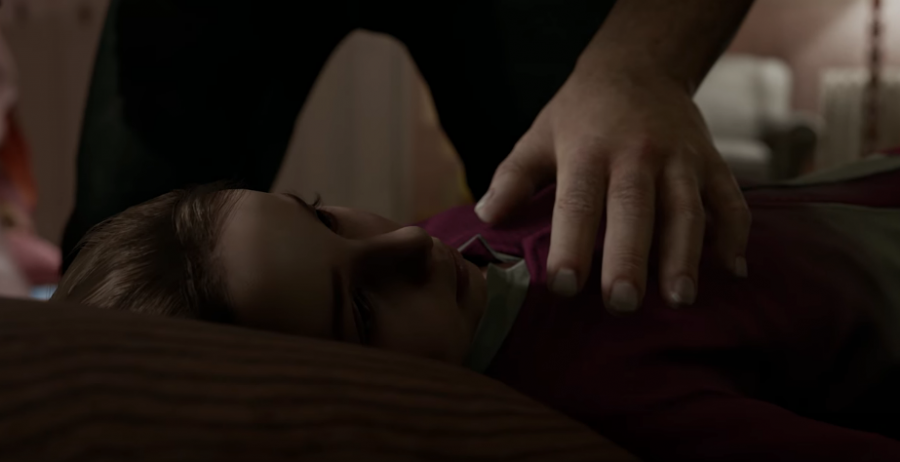Quantic Dream, a gaming developer responsible for hits such as “Heavy Rain” and “Beyond: Two Souls,” released a trailer for its game “Detroit: Become Human” in early December on Playstation’s YouTube channel during Paris Games Week.
It was met with immediate backlash from child advocacy groups stating that abusers will “get off on this stuff” and that it encourages violence within children. However, this is a poor judgment based on theories that don’t make sense.
The gameplay trailer revolves around Kara, an android helper for a man named Todd and his daughter Alice, whom Todd blames for his failed marriage. After an intense scene Alice runs up the stairs. Then the player has two options: intervene or don’t. If the player intervenes then Kara kills the abusive father and saves Alice. If Kara does not, Todd beats Alice to death off-screen and lays her limp body on the bed.
It sounds intense, because it’s supposed to be. The entire point of the trailer, aside from selling the game’s concept, is to show that actions or inactions have consequences. Sitting aside and doing nothing will have a consequence just as much as taking action does. It also shows that doing the right thing does, sometimes involves extreme actions.
According to the Daily Mail, Andy Burrows of the UK’s National Society for the Prevention of Cruelty to Children said, “Any video game that trivialises or normalises child abuse, neglect or domestic violence for entertainment is unacceptable.”
However, when gaming or other forms of entertainment show violence or other controversial material, they are not trying to normalize it or advocate for it. It’s used as a means of storytelling and plot development.
Of course child abuse is never okay, but just because something is wrong does not mean creators can’t include it in works of art such as video games. If art is supposed to imitate life, then art should imitate all facets of life, not just the bright side of it.
This backlash begs the question — why attack a game when abuse has been seen in various forms of entertainment for years? Vivid depictions of child abuse has been prevalent in TV, movies, books or music videos, yet there is no outcry for change or censorship. In the movies “Jaws” and “It” children are murdered — in “Radio Flyer” kids are severely beaten by their father on multiple occasions.
What makes “Detroit: Become Human” so different? Because it’s interactive?
The notion that video games encourage violence is a fallacy that has been disproven time and time again. A person simply picking up a controller and playing a violent game does not make them violent. Just because a character in the game can go and beat up random pedestrians in “Grand Theft Auto” doesn’t mean the player is going to do the same in the future. Or just like watching “Beauty and the Beast” will not make anyone want to have an intimate relationship with a humanoid beast.
Some claim abusers will be “getting off” on material like this, but abusers are abusers. No number of pixelated frames or game scenarios are going to change the fact that they are scum that prey on people. It’s not going to make them change in either direction. On the other hand, a switch is not going to automatically turn on in a normal person’s head to make them become a sociopathic violent monster.
While no one wants to see children get harmed or abused, child abuse appearing in a work of fiction is not going to make the problem worse nor is it going to turn a legion of gamers into awful human beings. On a grander scale, “Detroit: Become Human” illustrates what anyone with any common sense knows, actions have consequences and we need to be able to live with the decision we make — no matter how horrible it might be.







